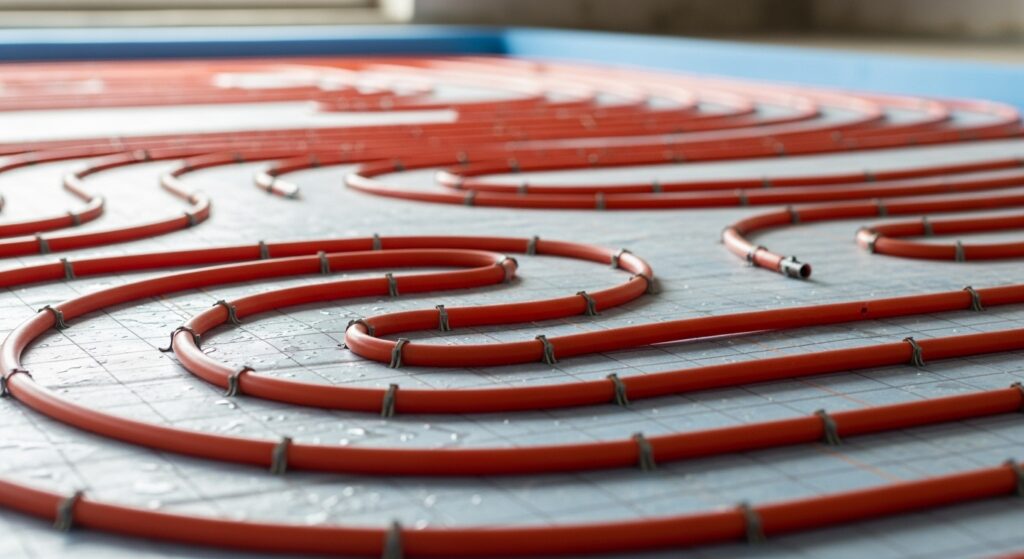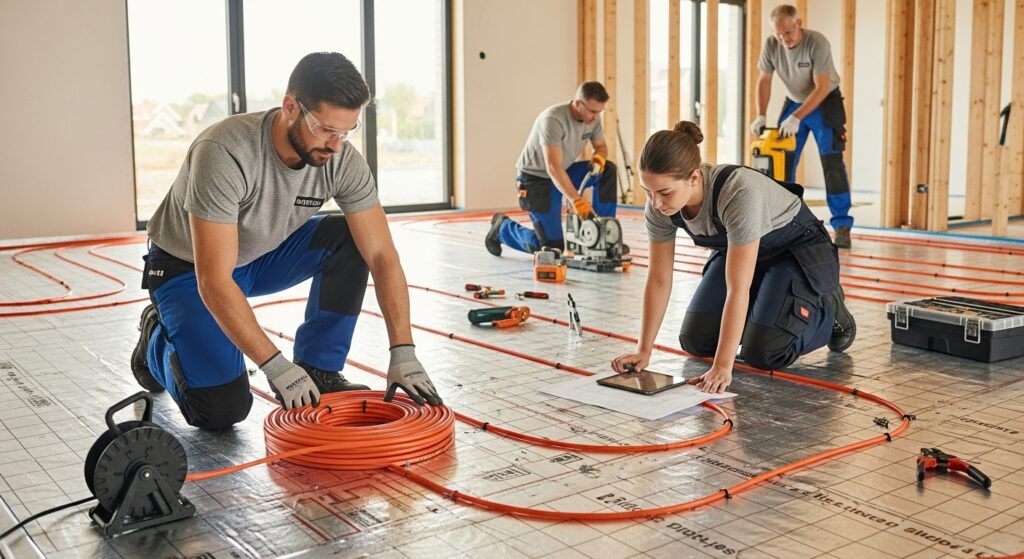When a heating, plumbing, or electrical system breaks down, many homeowners assume it happened suddenly and without warning. But ask any experienced installer, and they’ll tell you that most repairs are preventable. Regular care, proper usage, and a bit of homeowner know-how can extend the life of your systems and save you money in the long run.
Here’s what professional installers really wish homeowners knew about preventing future repairs.

1. Maintenance Is Not Optional
Many people only think about their heating or plumbing when something goes wrong. However, routine servicing is the number one way to avoid costly breakdowns.
- Heating systems: Annual servicing helps identify worn parts, leaks, or blockages before they become serious.
- Plumbing: Checking pipes for small leaks, monitoring water pressure, and flushing water heaters regularly prevents damage.
- Electrical systems: Having a qualified electrician carry out inspections reduces the risk of faults and hazards.
Just like cars need regular MOTs, your home’s systems benefit from proactive care.
2. Small Problems Grow Quickly
Installers often see minor issues—like a dripping tap, a noisy boiler, or a flickering light—turn into expensive repairs simply because they were ignored.
A small drip can waste thousands of litres of water over time, while a boiler noise might indicate limescale build-up that reduces efficiency. Catching these early makes the fix quick and affordable.
3. Good Insulation Protects Your Systems
Insulation isn’t just about comfort—it also protects heating and plumbing equipment.
- Pipes: Insulated pipes are less likely to freeze and burst in winter.
- Heating systems: Well-insulated homes reduce the strain on boilers and underfloor heating, preventing overwork.
- Hot water cylinders: Proper lagging keeps water warm longer, lowering energy bills.
Investing in good insulation reduces both energy costs and repair risks.
4. Water Quality Matters
Many installers encounter breakdowns linked to hard water. Limescale build-up clogs pipes, damages heating elements, and reduces system efficiency.
Solutions include:
- Installing a water softener in hard-water areas.
- Using chemical inhibitors in central heating systems.
- Regular power flushing to clear debris and sludge.
These steps protect systems from unnecessary wear and tear.
5. Know Your System and Controls
Homeowners often aren’t familiar with their own heating or plumbing systems, which leads to misuse. Installers recommend:
- Learning how to use thermostats and programmers properly.
- Knowing where the stopcock is in case of leaks.
- Keeping manuals for boilers, underfloor heating, and appliances handy.
A little knowledge goes a long way in preventing emergencies.
6. Don’t Ignore Warning Signs
Most systems give you clear hints before breaking down. Common warning signs include:
- Radiators that take longer to heat.
- Boilers losing pressure frequently.
- Water discolouration or low flow rate.
- Unusual smells from electrical systems.
Calling an installer at the first sign of trouble usually prevents a bigger issue.
7. DIY Can Do More Harm Than Good
While it’s tempting to attempt quick fixes, many repairs require professional expertise. Unqualified DIY can void warranties, cause further damage, or create safety risks.
Instead:
- Handle basic care tasks like bleeding radiators, checking smoke alarms, or clearing simple drain blockages.
- Leave complex repairs—especially with gas or electrics—to certified professionals.
8. Prevention Saves Money Long-Term
Installers often see homeowners delay repairs to save money, only for the issue to escalate into something more expensive. Preventative care is almost always cheaper than emergency call-outs and major replacements.
Think of it as an investment: regular maintenance extends the life of your systems, lowers bills, and prevents costly breakdowns.

Final Thoughts
What installers wish homeowners knew is simple: prevention is key. Regular maintenance, early action on small issues, good insulation, water treatment, and proper use of systems all make a significant difference.
By taking these steps, you’ll not only save money but also enjoy a warmer, safer, and more reliable home.
